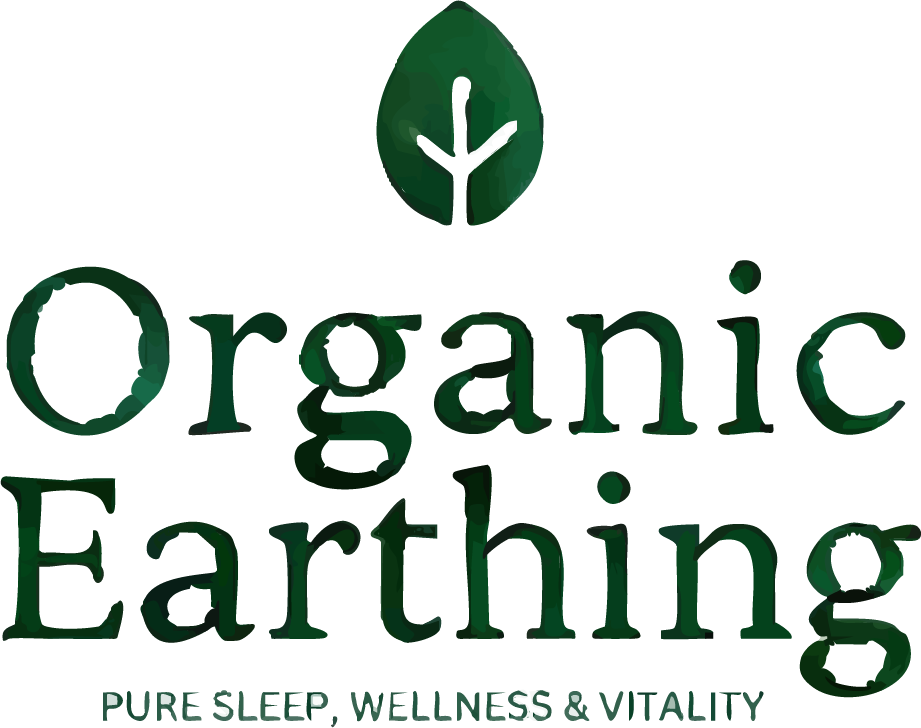Is Grounding Backed by Science? A Look at the Research

Yes, there is growing scientific evidence that grounding (also known as earthing) may have measurable effects on human health and wellness. While more large-scale studies are needed, current research points to potential benefits in areas like inflammation, sleep, stress and circulation.
Below is a breakdown of the most promising findings so far, along with insights into how grounding may work.
1. Grounding May Reduce Inflammation and Pain
Study Highlight:
A 2015 article in the Journal of Inflammation Research reported that grounding was associated with a reduction in pro-inflammatory markers, which may help relieve chronic pain and accelerate injury recovery.
How it Works:
It’s believed that the Earth’s electrons neutralise free radicals, reducing oxidative stress and inflammation at a cellular level.
2. Grounding May Improve Sleep Quality
Study Highlight:
A study published in the Journal of Alternative and Complementary Medicine found that grounding during sleep helped participants experience improved sleep, lower nighttime cortisol levels and more synchronised circadian rhythms.
How it Works:
Contact with the Earth may help regulate the stress hormone cortisol, allowing for a more balanced sleep-wake cycle and reduced nighttime restlessness.
3. Enhanced Circulation and Cardiovascular Function
Study Highlight:
In the Journal of Environmental and Public Health, researchers observed that grounding led to improved blood viscosity and circulation in healthy participants.
How it Works:
Grounding is thought to enhance the zeta potential of red blood cells, making them less likely to clump and improving overall blood flow and oxygen delivery.
4. Stress Reduction and Mood Support
Study Highlight:
Pilot studies and user reports consistently show grounding may lower stress markers (like cortisol) and improve emotional wellbeing. Users often report feeling calmer, more centered and less anxious.
How it Works:
The body’s nervous system appears to respond to grounding with a parasympathetic (rest and digest) shift, promoting relaxation and emotional regulation.
5. Faster Post-Exercise Recovery
Study Highlight:
A study in Evidence-Based Complementary and Alternative Medicine noted that athletes who practiced grounding post-exercise experienced reduced muscle soreness, lower inflammation and faster recovery.
How it Works:
By supporting reduced oxidative stress and inflammation, grounding may help the body recover more efficiently after physical strain.
Limitations in Current Research
While the science behind grounding is promising, it’s important to consider the following:
- Small sample sizes: Many studies use small groups; larger, peer-reviewed trials are still needed.
- Subjectivity: Benefits like mood improvement can vary from person to person and are partially influenced by the placebo effect.
- Emerging field: Grounding is still considered alternative and under-explored in mainstream medical research.
Where to Find the Studies?
You can explore the research for yourself via the Earthing Institute Research Library - a trusted hub of peer-reviewed and clinical grounding studies.
The Bottom Line: A Safe, Natural Wellness Tool
Although grounding may not yet be a widely recognised medical treatment, the existing evidence points to its natural ability to support sleep, reduce inflammation, calm the nervous system and enhance recovery.
It’s non-invasive, safe and easy to integrate into your daily routine with tools like grounding mats, sheets or wearable bands.
As always, consult your healthcare provider before using grounding as a complement to any medical treatment - especially if you use prescription medications or manage chronic conditions.
Experience the Benefits of Grounding at Home
Browse our range of certified organic earthing products to get started














